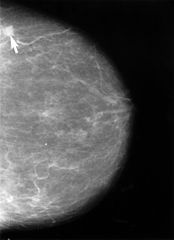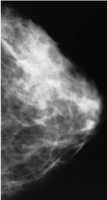AI and HealthCare, Author Interviews, Breast Cancer, Genetic Research / 06.11.2024
Hebrew University Study Uses AI to Identify New Breast Cancer Predisposition Genes
MedicalResearch.com Interview with:
Prof. Dina Schneidman-Duhovny PhD
Academic researcher
Hebrew University of Jerusalem
MedicalResearch.com: What is the background for this study? What are the main findings?
Response: The study analyzed genetic data of 12 families (~ 40 patients) with high incidence of breast cancer cases. Most families originate from ethnic groups that are poorly represented in public resources.
All participants were tested negative to all known breast cancer predisposing genes. We developed a novel approach to study genetic variants utilizing state-of-the-art deep learning models tailored for analysis of familial data.
The study highlighted 80 high-risk genes (out of > 1200 genes) and narrowed down on a group of 8 genes circulating in 7 out of 12 families in the study.
These genes are involved in a cellular organelle called the peroxisome and play a role in fatty acids metabolism. We show that these genes significantly affect breast cancer survival and use 3-dimensional protein structural analysis to illustrate the effect of some of the variants on protein structure.
These provide strong evidence of the peroxisome involvement in breast cancer predisposition and pathogenicity, and provide potential targets for patient screening and targeted therapies.
(more…)






























